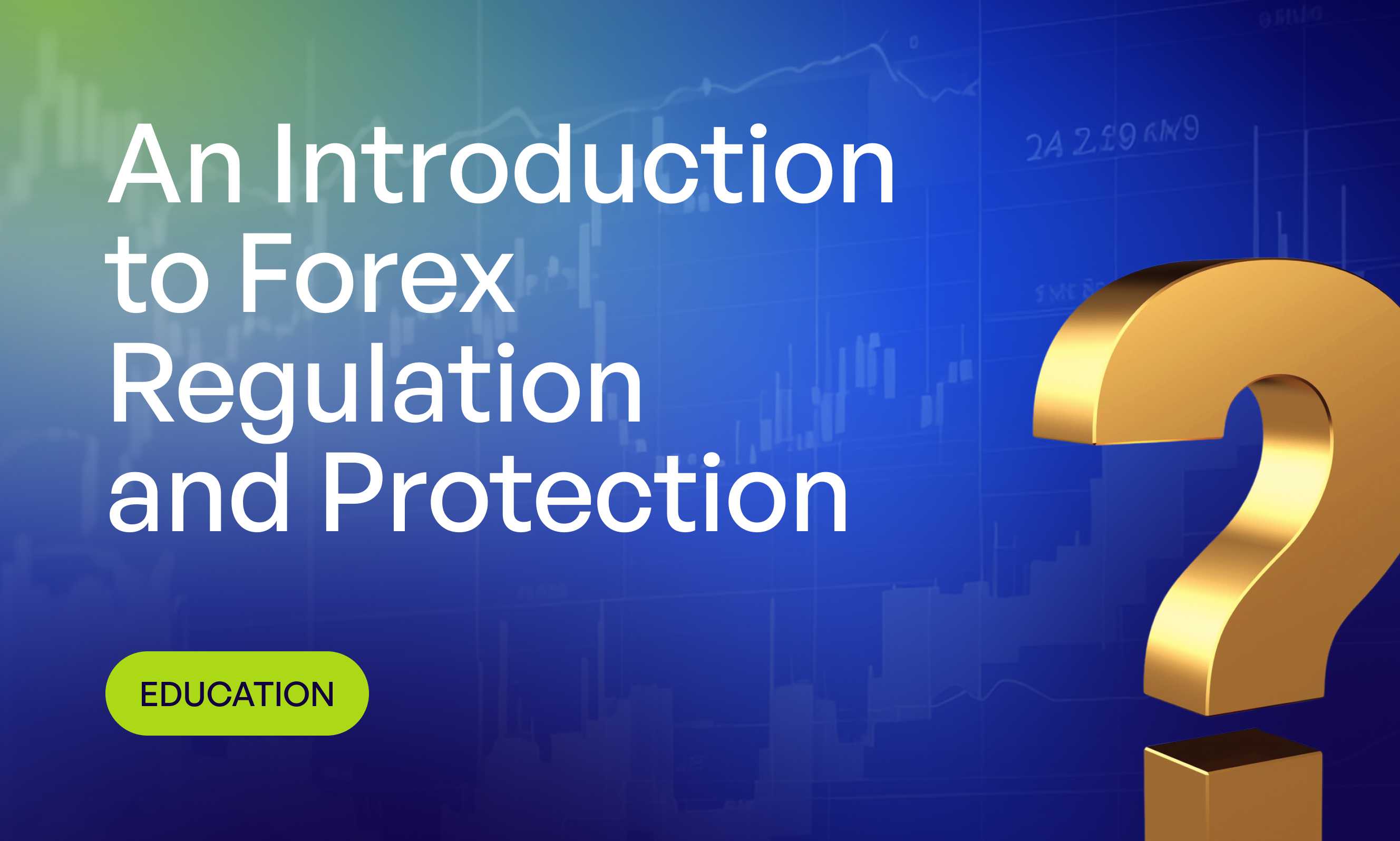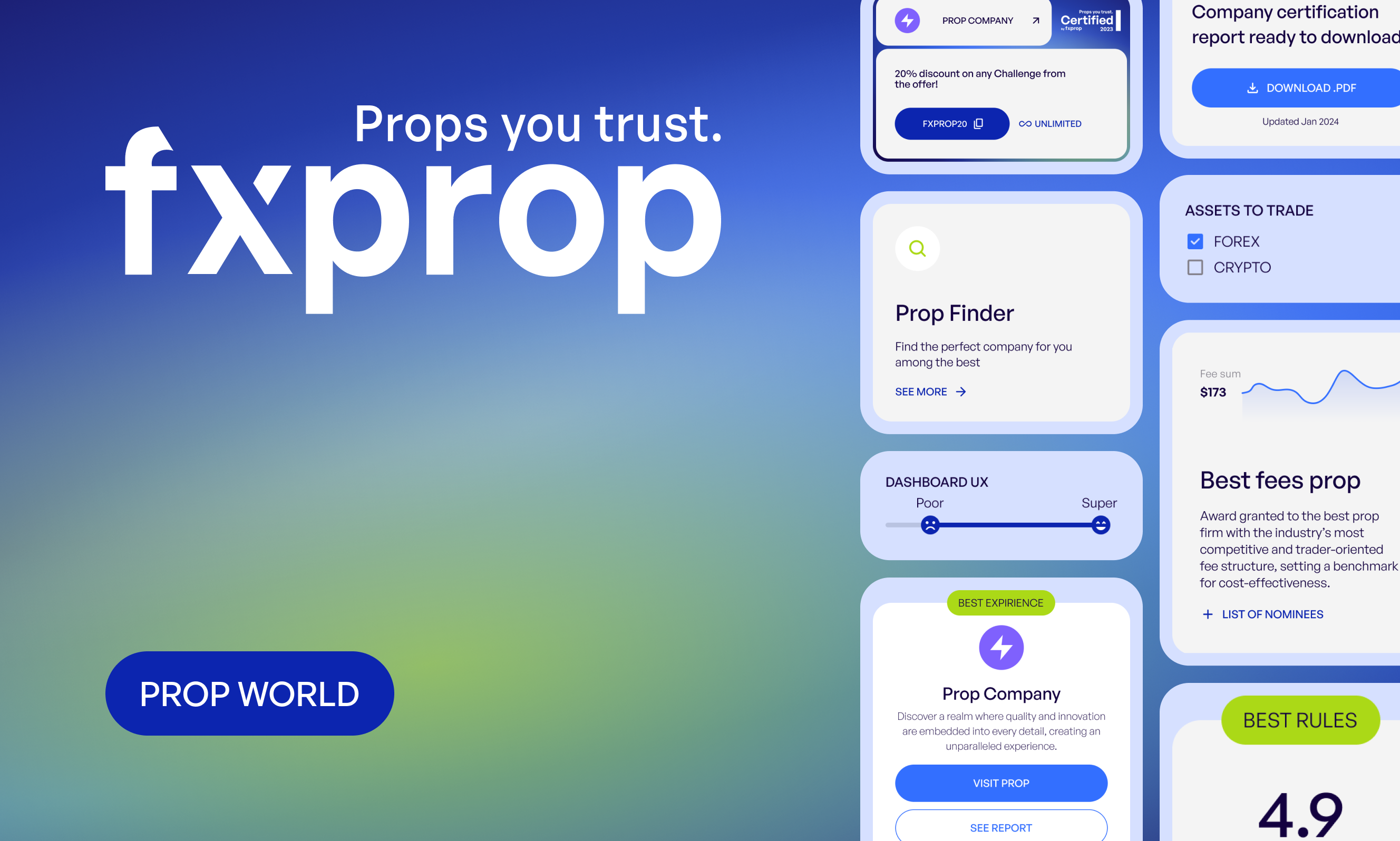
An Introduction to Forex Regulation and Protection
The Forex market, with an astonishing daily turnover exceeding $6 trillion, operates as a decentralized and global exchange for currency trading. Its vastness and liquidity make it attractive to a wide range of participants – from individual retail traders to large institutional investors.
However, the absence of a centralized regulatory body and the market’s inherent complexities expose participants to various risks, including fraud and manipulation. This article explores the regulatory frameworks and protective measures in place to safeguard the interests of market participants and ensure fair and transparent trading practices.
Understanding the Purpose of Forex Regulations
The purpose of Forex regulation is to maintain market integrity and protect investor interests. Global regulatory bodies have set rules and guidelines for Forex brokers and platforms. These regulations aim to prevent financial fraud, ensure broker solvency, and provide a safe trading environment for retail traders.
One of the primary goals of Forex regulation is to fight fraud and financial abuse. By requiring brokers to register and obtain a license, regulatory bodies can monitor their operations and ensure they stick to legal and ethical standards. These include undergoing regular audits, maintaining adequate capital reserves, and providing transparent transaction reporting.
Key Regulatory Bodies and Their Role
These regulatory bodies enforce rules that Forex brokers must adhere to, such as capital requirements, client fund segregation, and transparency of trading operations. They also monitor the brokers’ activities, investigate complaints, and impose sanctions or revoke licenses in cases of misconduct. Here is a list of top forex brokerage regulators:
Australia: Australian Securities and Investment Commission (ASIC).
Cyprus: Cyprus Securities and Exchange Commission (CySEC)
Japan: Financial Services Agency (FSA)
Russia: Federal Financial Markets Service (FFMS)
South Africa: Financial Sector Conduct Authority (FSCA)
Switzerland: Swiss Federal Banking Commission (SFBC).
United Kingdom: Financial Conduct Authority (FCA).
United States: Commodities and Futures Trading Commission (CFTC).
These agencies play a crucial role in safeguarding the Forex trading environment, ensuring brokers operate fairly and transparently.
General Forex Regulatory Requirement For Brokers
Before opening a trading account, you must run thorough research on the forex brokerage firms you’re considering. This includes verifying their ownership, regulatory status, website, and physical location. Numerous forex brokers advertise low trading fees and high leverage ratios, which can significantly increase the risk exposure even with a small balance.
Here are some fundamental regulatory requirements that retail forex brokers are expected to comply with:
Client Relationship Ethics: To safeguard clients from overpromised or misleading claims, brokers must maintain ethical standards in client communications. That includes a prohibition against advising on speculative trade strategies or offering trading signals that may not align with the client’s best interests.
Segregation of Client Funds: This regulation ensures that brokers cannot utilize client funds for operational expenses or any unrelated purposes. It mandates that brokers keep client deposits in accounts separate from their operating accounts.
Transparency and Disclosure: Brokers are required to keep their clients well-informed about their account status and the inherent risks of forex trading, ensuring full transparency.
Limits on Leverage: Setting leverage limits is essential for helping clients manage risk effectively. The regulation restricts brokers from offering excessively high leverage options.
Minimum Capital Requirements: These measures are in place to guarantee clients can withdraw their funds at any time, offering protection even in scenarios where the brokerage firm faces financial difficulties.
Regular Audits: Mandatory periodic audits ensure that brokers manage financial risks appropriately and safeguard against the misappropriation of funds. Brokers are obligated to submit regular financial statements and demonstrate capital adequacy to their regulators.
The Bottom Line
Forex regulation and protection are fundamental to maintaining the integrity of the market and safeguarding the interests of traders. Understanding regulatory roles and choosing a regulated broker can significantly lower risk and boost trading confidence. As the Forex market continues to evolve, regulation will remain a key factor in its sustainable and ethical growth.












